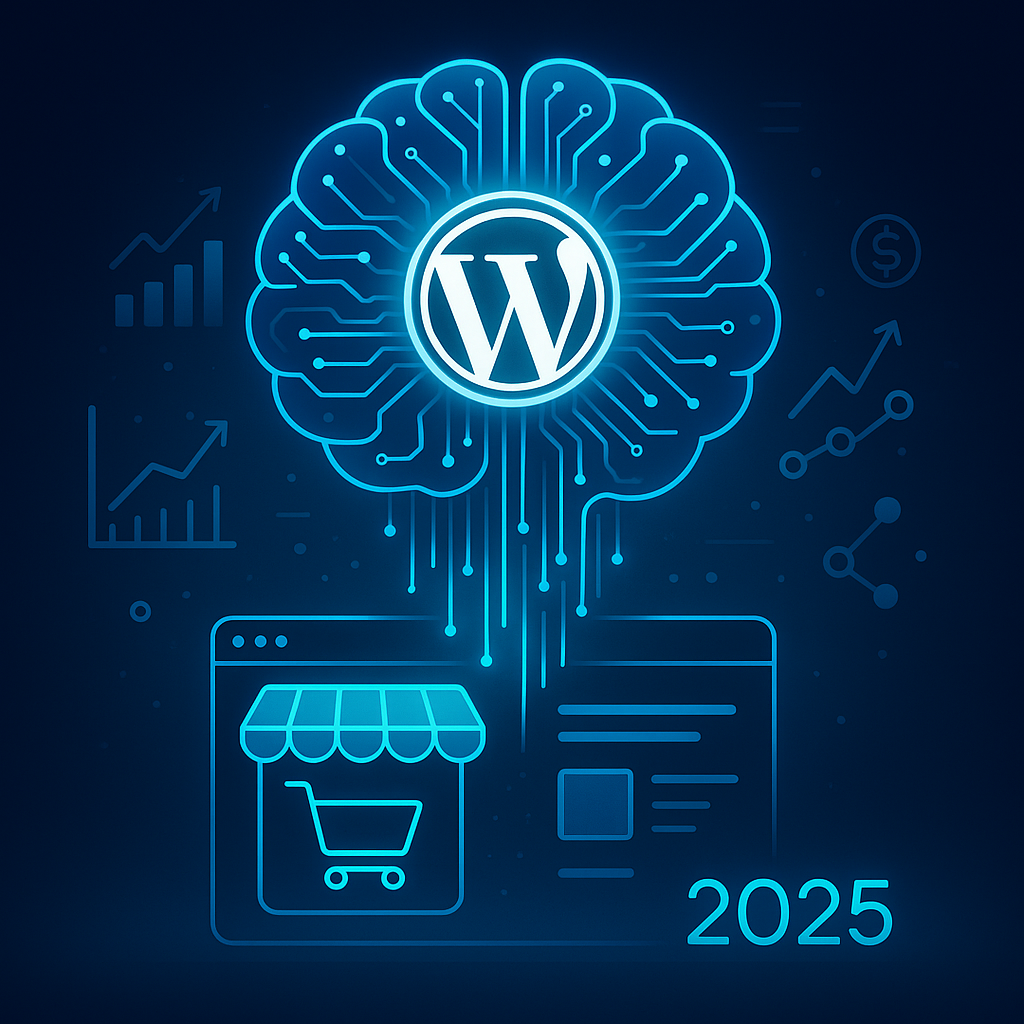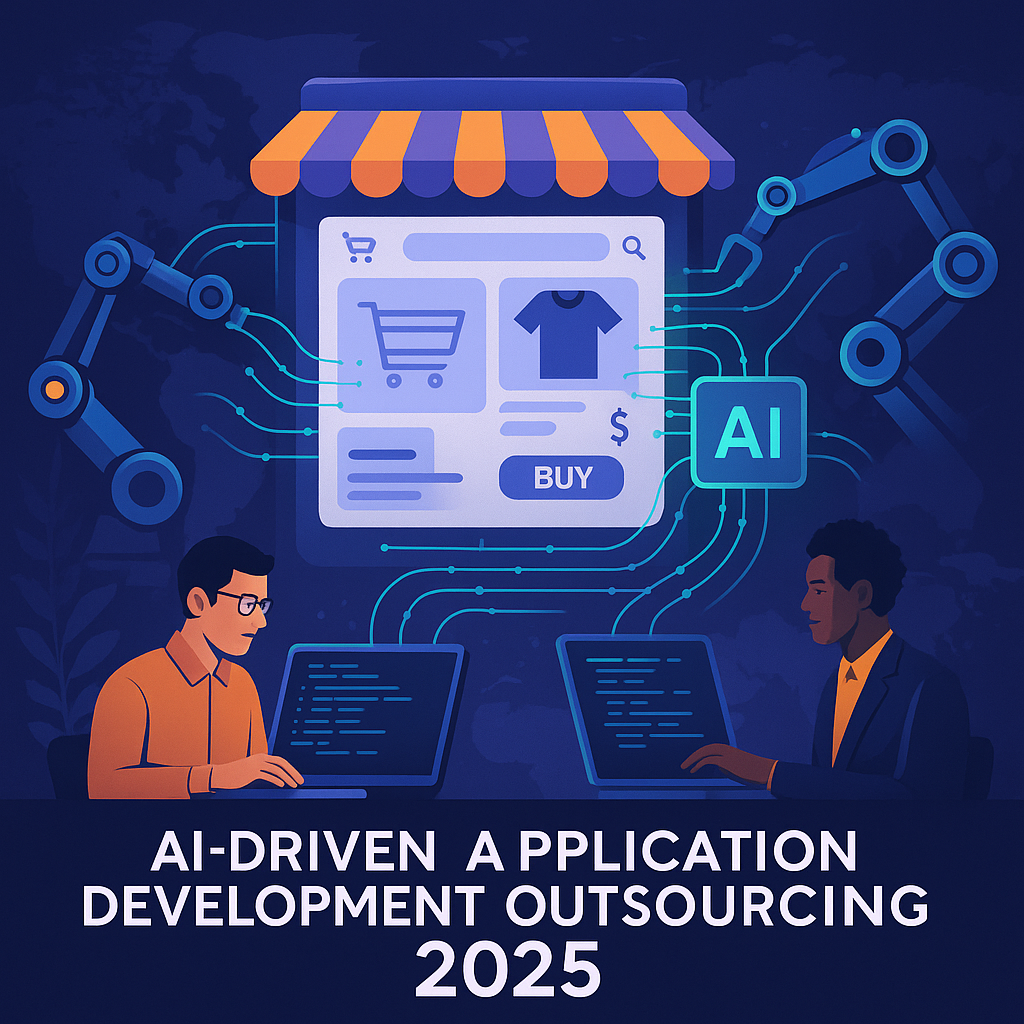
Revolutionizing E-Commerce: Machine Intelligence and Personalized Shopping
The Dawn of Hyper-Personalized Shopping in E-Commerce
As we advance deeper into 2024, e-commerce has evolved beyond simple online storefronts into dynamic environments where each shopper encounters an experience uniquely designed for them. The driving force behind this shift is machine intelligence—technologies that include advanced machine learning, natural language processing, and predictive analytics—working in concert to tailor every interaction.
How Machine Intelligence Enhances Personalization
Dynamic Behavioral Profiling
Retailers now harness machine intelligence to create fluid customer profiles that update automatically with each interaction. Unlike traditional static profiles, these behavioral models analyze browsing patterns, purchase history, time spent per product, and even subtle micro-movements on pages to anticipate user needs.
Real-Time Recommendation Systems
Gone are the days of generic “related items” suggestions. State-of-the-art algorithms power real-time recommendation engines that adjust offers and promotions on the fly. For instance, if a shopper lingers on hiking gear, a personalized dashboard can adapt to highlight compatible equipment or exclusive bundles based on inferred interests and contextual data like seasonality or local events.
Conversational AI and Virtual Assistants
Machine intelligence extends personalization through natural language interfaces. Conversational AI and chatbots now understand nuanced customer intents, suggest products, answer questions, and guide shoppers through complex buying decisions with a human-like touch while leveraging data-driven insights.
Innovative Applications Transforming the Shopping Journey
Visual Search and Augmented Reality (AR)
Consumers can upload a photo of a desired product or style, and machine learning models analyze and retrieve closely matching items, speeding discovery. Augmented reality features enhanced by AI offer virtual try-ons or room previews that personalize the experience physically and digitally.
Supply Chain Intelligence Tailored to Demand
Successful personalization demands seamless fulfillment. AI-driven demand forecasting allows supply chains to adapt product assortments and stock locations based on localized preferences uncovered through data patterns, ensuring customers receive timely and relevant options.
Emotional AI and Sentiment Analysis
Emerging emotional AI technologies interpret customer emotions through interaction cues and feedback, enabling platforms to customize user interfaces or promotional messaging that resonate on a deeper level, moving personalization into the realm of emotional connection.
Case Study: A Leading Fashion Retailer’s AI-Driven Transformation
Consider a global fashion retailer that integrated a proprietary machine intelligence system into their e-commerce operations early 2024. By combining real-time traffic data, customer sentiment analysis, and purchase patterns with AI-powered chatbots, the brand saw a 30% uplift in conversion rates and a significant boost in repeat customer engagement. Personalization extended beyond product selection, influencing delivery options and post-sale care recommendations.
Challenges and Ethical Considerations
While the benefits of machine intelligence in e-commerce are transformative, they raise critical ethical points. Privacy concerns emerge when handling vast amounts of personal data. Businesses must balance personalization with transparency and consent, ensuring customers retain control of their data. Additionally, algorithmic fairness must be maintained to avoid inadvertent exclusion or bias toward specific demographics.
The Road Ahead: Integration and Innovation
Looking forward, the integration of machine intelligence with emerging technologies such as blockchain for secure data sharing, next-level AIoT (Artificial Intelligence of Things) for connected shopping environments, and evolving human-AI collaboration models will further deepen personalization. Retailers embracing these innovations position themselves at the forefront of customer experience excellence.
Conclusion
In 2024, machine intelligence is not only revolutionizing how e-commerce businesses operate but fundamentally changing the consumer shopping experience. Personalized journeys powered by adaptive algorithms, real-time insights, and emotionally intelligent interactions underscore a new era where online commerce becomes intimately attuned to each individual's desires and context. This transformation heralds compelling opportunities and responsibilities for brands shaping the future of retail.







